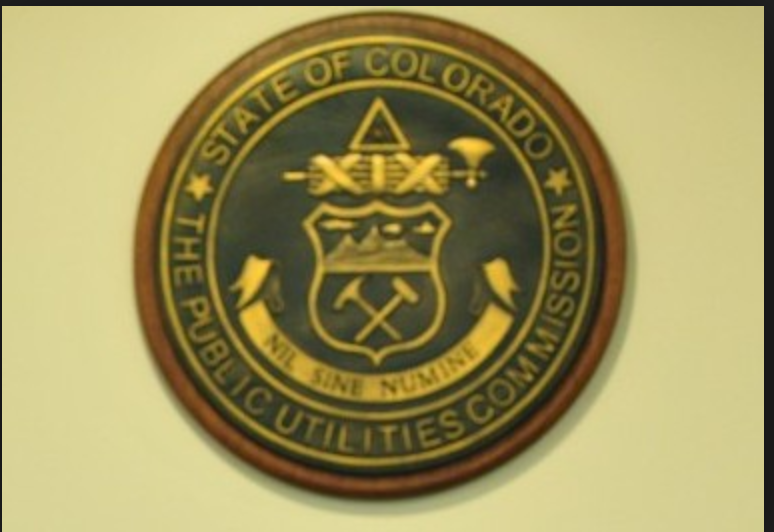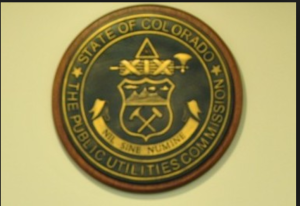(DENVER) The Colorado Public Utilities Commission has taken a stand for consumer electricity choice and competition in rejecting Xcel’s Solar Connect proposal, which was designed to drive private sector solar providers out of the market.
The commission rejected Solar Connect at its December 8th meeting.
Rooftop solar, a large part of the private market, represents the only real competition utility monopolies such as Xcel have ever faced. The Solar Connect proposal was just a ratepayer subsidized plan designed to undermine the private sector companies already serving the Colorado solar market. That market is very competitive and the PUC rightly pointed out that Xcel failed to prove a need for its monopolist program.
Solar Connect was an example of a regulated monopoly trying to overstep its bounds, and commissioners rightly kept Xcel in check. PUC staff pointed out that Solar Connect would have given the utility giant an unfair competitive advantage over private sector competitors. As a regulated monopoly, Xcel is guaranteed a profit by the state.
A similar solar battle is underway in Arizona. On December 18th, the Arizona Corporation Commission will consider requests from Arizona Public Service and Tucson Electric Power to use ratepayer dollars to fund job killing utility monopoly rooftop solar programs. Just as in Colorado, the goal of the Arizona programs is to kill competition from the private sector rooftop solar industry.
TUSK (Tell Utilities Solar won’t be Killed) was formed to stand for energy choice and energy independence. TUSK Chairman Barry Goldwater Jr. said, “The Colorado commissioners deserve our thanks. Their decision protects energy competition and energy choice and that’s what Coloradans want. Let’s hope commissioners in Arizona have the wisdom to do the same.”
To learn more about T.U.S.K. (Tell Utilities Solar Won’t be Killed) visitwww.dontkillsolar.com. T.U.S.K. believes that rooftop solar is similar to a charter school—it provides a competitive alternative to the monopoly. Monopoly utilities aren’t known for reducing costs or for driving business innovation, but the solar industry is. Solar companies have a track record of aggressive cost reduction. The more people use rooftop solar, the less power they need to buy from the utilities. Energy independence means smaller profits for the utilities, so they are doing everything they can to stop the spread of independent solar.













